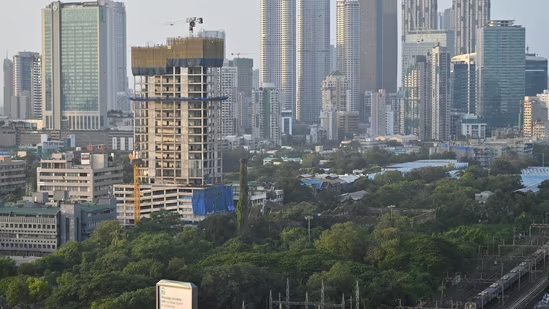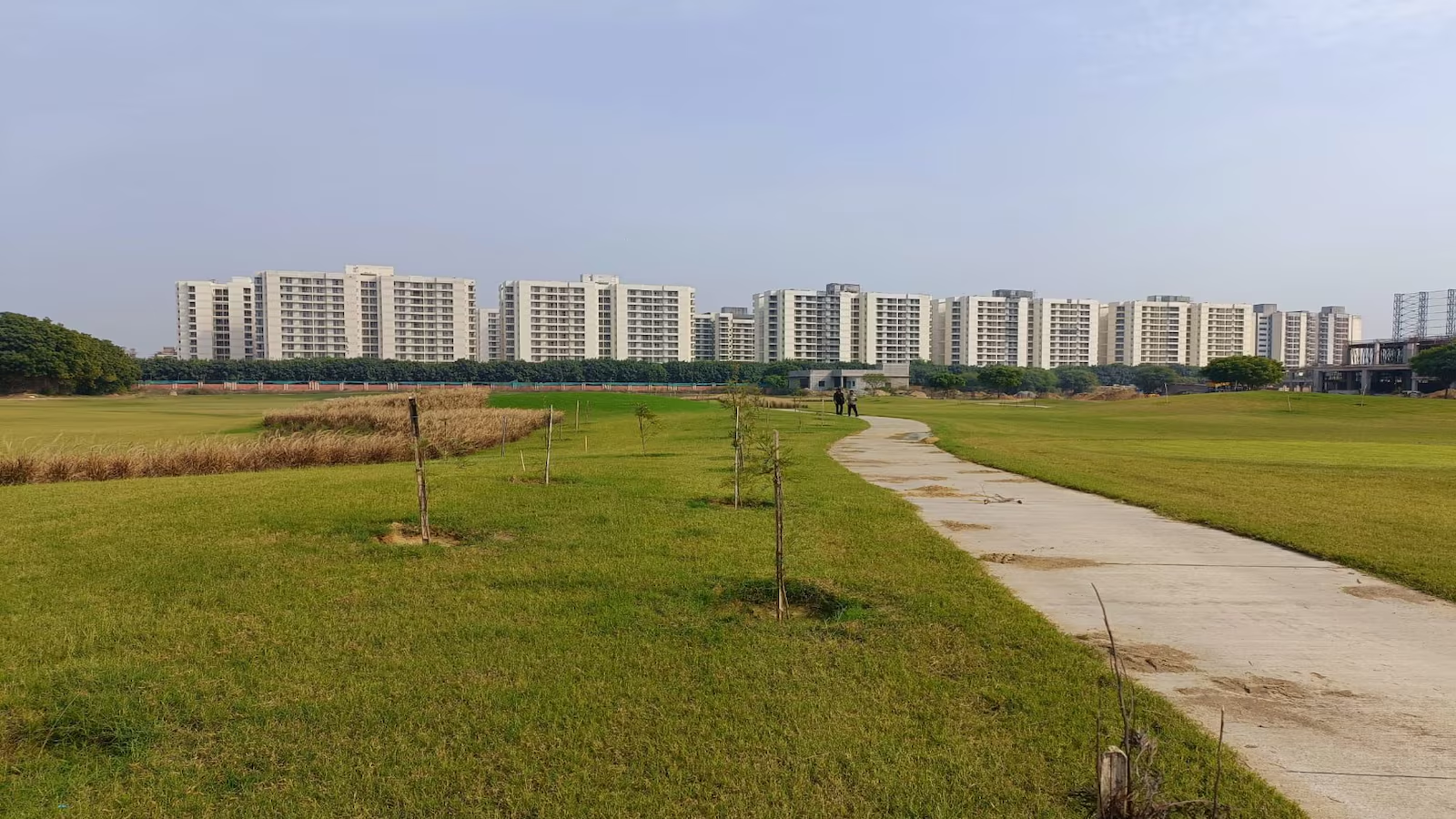Guest Column
Factors That Can Negatively Impact Property Investment Profits


Anuj Puri, Chairman – ANAROCK Property Consultants
Real estate investors need to be an exceptionally canny lot, since various factors can negatively affect the value of one’s real estate assets. Being aware of these – and making suitable provisions and allowances for them – is an inalienable part of successful property investment.
The rising cost of money
Increasing inflation is the first factor that inhibits the profitability of a real estate investment. While investing in any kind of property solely for capital appreciation, one should always consider what the overall earnings would be worth at the point in time one wishes to liquefy them. If one fails to plan for the inflationary effect, further property purchases may be out of reach – rendering the whole concept of real estate investment an exercise in futility.
A simple method of establishing whether inflation will erode one’s real estate investment is to determine if the interest rate earned on one’s savings is less than or equal to the rate of inflation. If it is, it means that your real estate investment too will suffer because of inflation. If one is investing for both capital appreciation and rental income, it is necessary to establish whether the average price for property rentals in the location one wishes to invest in will remain higher than the rate of inflation in the long term. If it does not, there is not much point in investing in that location.
Taxation – manageable but not avoidable
The taxes applicable to holding or transacting property can also have a downward influence on the overall value of an investment property. If one is purchasing a property in the basis of profitability on capital appreciation and/or with the intention of earning rental income from it, it bears keeping in mind that profits earned from selling a property as well as generated rental income are taxable. It is important to make one’s calculations on not only the profit arising from a property – but also how much of it can be retained after the taxman takes his cut.
For inexperienced property investors, it is very unwise to invest in a property without first consulting a chartered accountant or an experienced real estate professional. While there is no way of avoiding property taxes, it is certainly possible to make the taxation scenario more realistic. This calls for current knowledge of property taxation laws, which often change without warning. One needs to determine one’s post-taxation cash flow in order to know just how valuable one’s property investment will be in the long run.
Fate – your constant silent companion
Finally, there is also always an aspect of free-floating risk attached to property investments. For instance, buying a property with the intention of selling it at a profit afterwards always involves a degree of uncertainty and chance of loss. One can judge the current appreciation value of a certain location with a fair degree of accuracy, but there is no way of anticipating all developments:
· The neighbourhood may fall out of favour with buyers, or so much new supply may hit that location that demand and prices plummet
· Though legally sound at the time of purchase, the property may suddenly depreciate because the project is suddenly, on the back of new regulatory norms, declared legally unsound
· The Government may decide to acquire the land the property stands on at the minimum rate for infrastructure development
· The investor may need to sell the property at a moment’s notice – at a loss – to cover other urgent financial commitments
· There may be a natural calamity such as a flood, destroying the property and even rendering the entire location unmarketable. Insurance can cover some of this, but usually not everything
To Summarize…
To minimize one’s risk while investing in real estate, one needs to know:
· Exactly how much profit will accrue from the property in a given time frame
· How much it will cost to make the property marketable
· How long it will take for it to attain its highest possible market value – and how much rental income one can earn till then
· What the state of the market is now, and what it will be in the near and distant future
· What the possible losses could be with regards to all applicable variables
· If the potential profit of buying a property outweighs the various implied risks
· If the current cost justifies future earnings (via sale in the short term of rental income in the long term)
· If one is financially sound enough to buy the property now, or whether it would be more prudent to await improved financial circumstances
· If the currently rolled-out deals and discounts are genuine savings over the normal market rate
-



 News3 weeks ago
News3 weeks agoKW Delhi 6 Mall Onboards New Brands
-



 News4 weeks ago
News4 weeks agoManasum Senior Living Launches IKIGAI GOA, A Senior Living Community in North Goa, in collaboration with Prescon Homes
-



 News2 weeks ago
News2 weeks agoGodrej Properties Sells Rs 3k cr+ Homes of Godrej Zenith, Gurugram, within 3 days
-



 News4 weeks ago
News4 weeks agoBridging India Divide: Top 5 Tier- 2 Cities to Focus On
-



 News3 weeks ago
News3 weeks agoCommercial Realty Gets Tech Savvy: Fast Construction, Enhanced Convenience
-



 News4 weeks ago
News4 weeks agoMultipoint Connection – A Definite Boon
-





 News3 weeks ago
News3 weeks agoRBI’s Status Quo on Key Policy Rates to Help Maintain the Real Estate Growth Momentum, Say Industry Stalwarts
-



 News1 week ago
News1 week agoOlive Announces Dhruv Kalro as Co-Founder
























